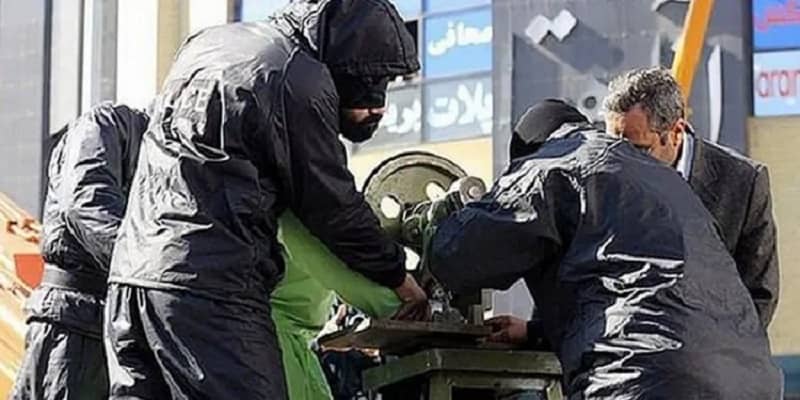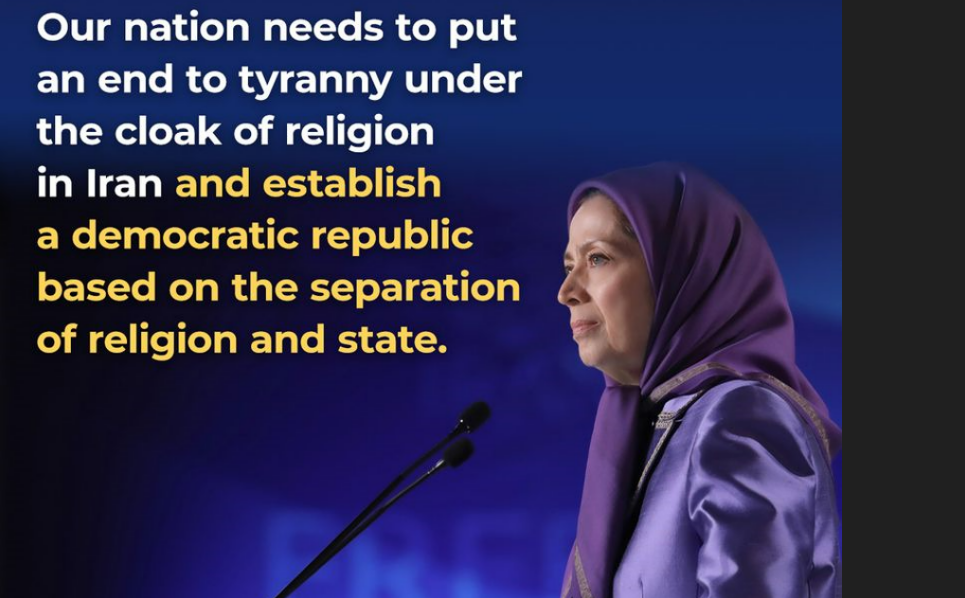
In recent developments from Iran, an alarming surge in capital punishments and draconian measures has raised international concerns.
The Iranian regime, led by Supreme Leader Ali Khamenei, appears to be intensifying its use of extreme judicial punishments in response to growing civil unrest.
This week, the Iranian judicial system carried out a series of executions. On Tuesday, January 9, Mohammad Ali Mirzaei and Mahmoud Mirzaei were hanged in Qezelhessar prison. This followed the executions of Mohammad Hossein Garavand, Keyumars Gholami, and Hamed on Monday, and Saeed Moradian and another prisoner in Hamedan Central Prison on Saturday. Earlier in the month, Soheil Jeloran, Hojjat Kalkhoran, Asghar Barzegar, and Amir Ahmadzadeh faced similar fates in various prisons across the country.
In addition to these executions, Naghi Zayerfar was executed in Maragheh prison on January 2. These actions are part of a broader pattern of increased capital punishment in Iran, which critics argue is a tactic to suppress dissent and instill fear among the populace.
Alongside the executions, reports of inhumane physical punishments have surfaced. The government news agency Mehr reported on January 7 that Ali Mozaffari, the chief justice of Qom province, announced the amputation of the hands of two individuals for theft. Such brutal measures, reminiscent of medieval justice, starkly contrast with the rampant corruption and embezzlement involving government officials and the Revolutionary Guard. A recent scandal involving a three billion and seven hundred million dollar embezzlement in the “Debsh” Agriculture and Industry Company highlights the hypocrisy of the regime.
Heshmatollah Falahat Pisheh, the former head of the National Security and Foreign Policy Commission, and Ahmad Sadeghi, a member of the Tehran City Council, have both pointed out significant instances of government corruption and theft. Despite these revelations, there appears to be no accountability or transparency in the regime’s financial dealings.

Mrs.Rajavi, emphasizes that the barbaric practice of amputation, employed by a regime responsible for the country’s devastation and widespread corruption, is a sign of its failure to suppress the people’s aspirations for change.
Iranian opposition President-elect Maryam Rajavi of the National Council of Resistance of Iran (NCRI), has condemned these actions. Rajavi calls for the international community’s intervention, suggesting that the regime’s leaders should be held accountable by the United Nations Security Council for their crimes against humanity.
This situation in Iran underscores the urgent need for global attention and action. The regime’s escalating use of capital punishment and primitive practices not only violates basic human rights but also indicates a deepening crisis within the country. The international community’s indifference, Rajavi warns, only emboldens the regime to continue its egregious human rights violations.

MEK Iran (follow us on Twitter and Facebook), Maryam Rajavi’s on her site, Twitter & Facebook, NCRI (Twitter & Facebook), and People’s Mojahedin Organization of Iran – MEK IRAN – YouTu
